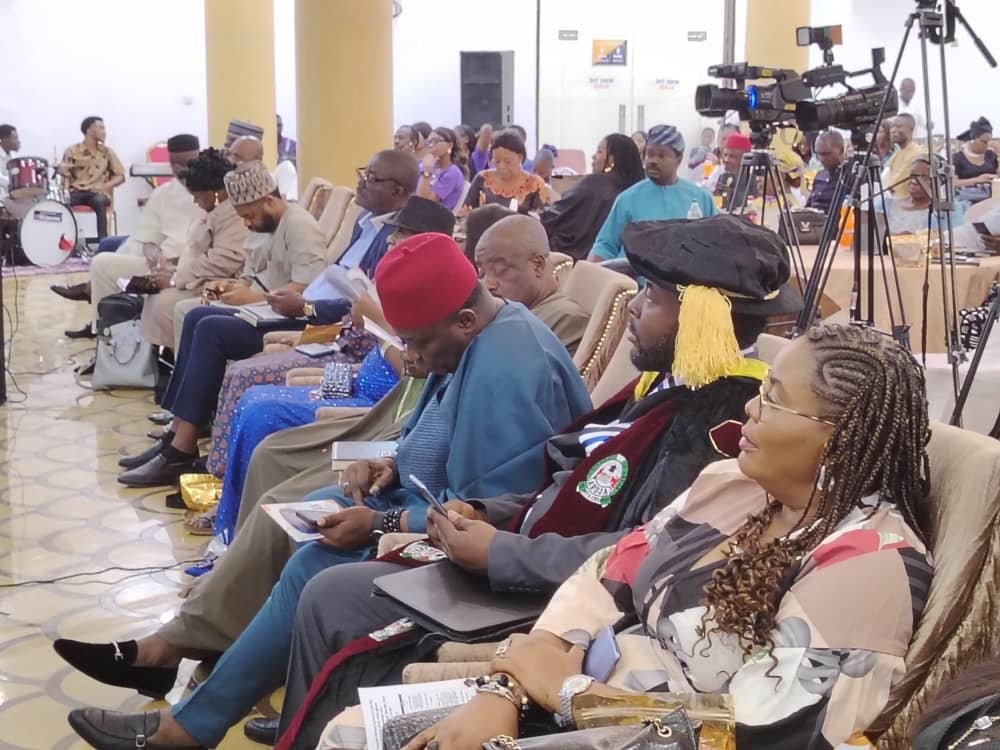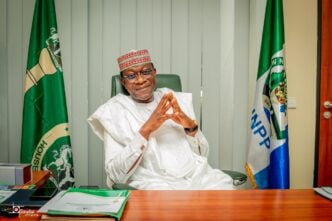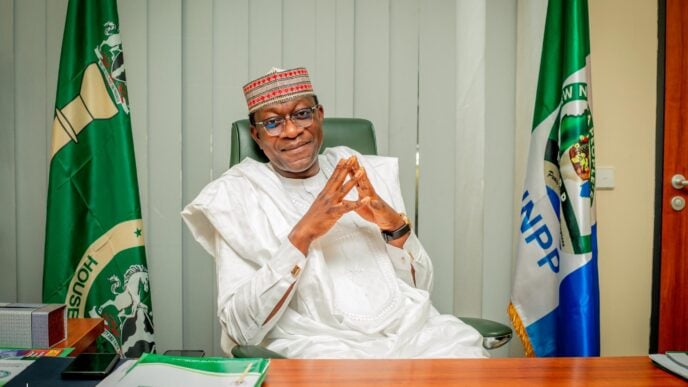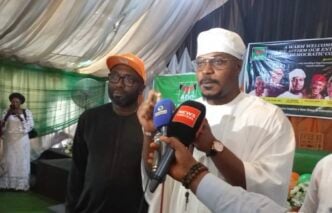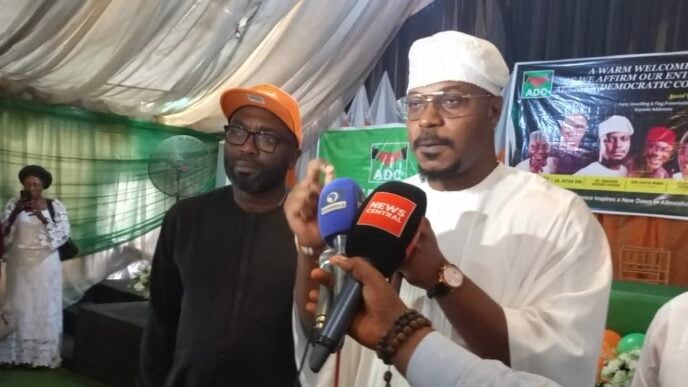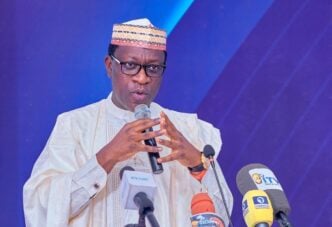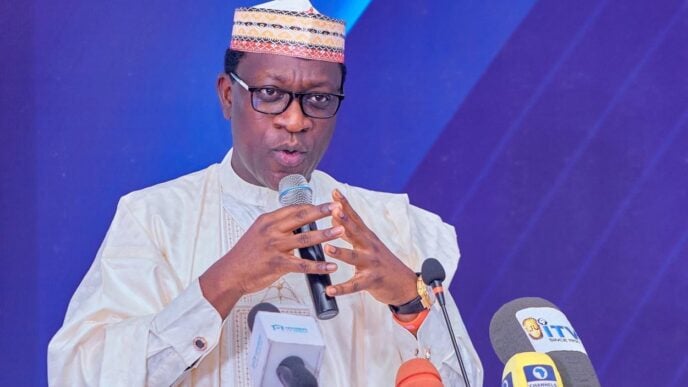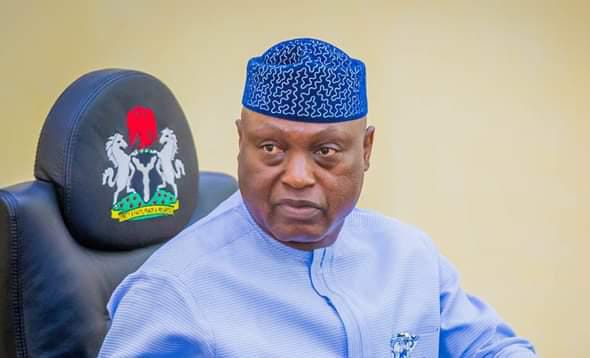Iroro Izu, a senior lecturer at Nile University, has warned that Nigeria risks instability if women, youths and persons with disabilities continue to be excluded from governance.
Izu, who lectures on political science and international relations, said the federal government must urgently enforce inclusivity in law-making and the political process.
He spoke on Friday in Abuja at the second annual Otivism lecture held to mark the 62nd birthday of Otive Igbuzor, a pro-democracy activist and development expert.
The lecturer said that while some gains have been made in youth participation, women continue to face multiple barriers.
Advertisement
“Women suffer exclusion through the sexist political culture, financial constraints, violence and intimidation, cultural and religious norms, limited access to education and economic opportunities, and media representation and misrepresentation, among others,” he said.
“In Nigeria, inclusive governance faces precarious conditions marked by limited participation of marginalised groups, particularly women, youths, and people with disabilities, in economic, social and mainly political processes.
“This exclusion hinders effective representation and decision-making, potentially leading to social and political instability.”
Advertisement
Izu said one of the pillars of Otivism — an ideology he linked to Igbuzor’s work — is the integration of inclusivity in all spheres of society.
He described Otivism as an ideology anchored on “force and truth, openness and fairness, compassion and collaboration” for the betterment of society.
On his part, Igbuzor, founding executive director of the Centre for Leadership Strategy and Development (Centre LSD), said the quest for good governance depends on citizens electing the right leaders.
He said Nigerians must not shy away from politics because of its reputation as a “dirty game.”
Advertisement
“The conduct of a free, fair, credible and violence-free election remains the panacea to inclusive governance,” he said.
“If we have free, fair, credible and violence-free elections, more women will participate. Secondly, we need deliberate policies for inclusion.
“Quota for women, quota for youth and quota for persons living with disability. Thirdly, we need participatory democracy as an approach.”
Ezenwa Nwagwu, a civil society leader, said inclusivity is a “long-drawn battle” but noted that progress has been made with the Not Too Young To Run law and the growing advocacy for reserved seats for women.
Advertisement
